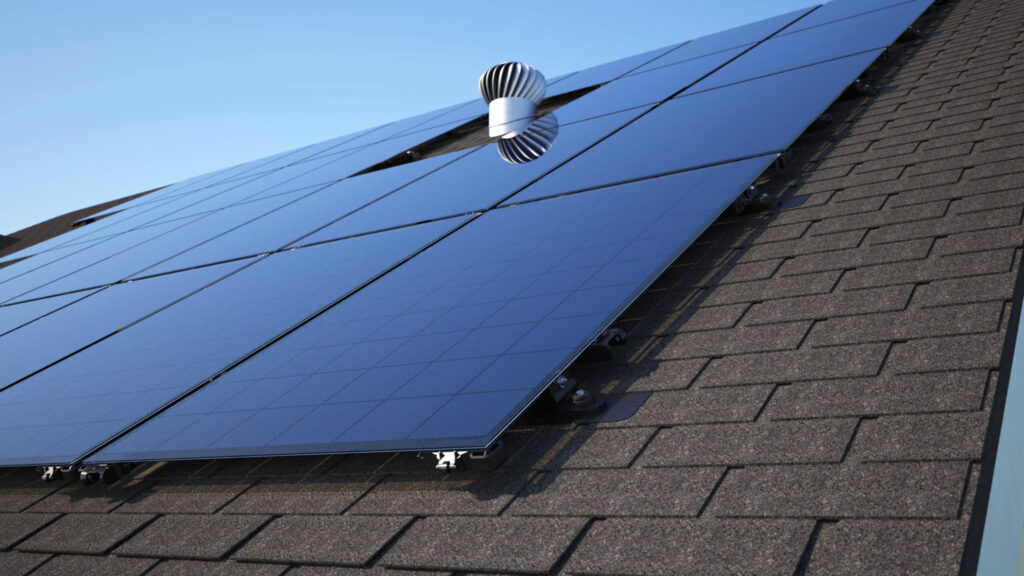Frameless solar panels are generally lighter and more streamlined than traditional framed solar panels, making them somewhat easier to transport in certain ways. However, the ease of transportation can depend on several factors, including the panel size, design, and the specific packaging used by the manufacturer.
- Weight: Frameless solar panels are often lighter than framed panels because they lack the additional weight of an aluminum frame. This reduced weight can make them easier to handle during transportation.
- Packaging: The packaging used for transportation plays a crucial role. Manufacturers typically design packaging to protect solar panels from damage during transit. The packaging should provide proper cushioning and support to prevent breakage and reduce the risk of scratches.
- Bulkiness: While frameless solar panels may be lighter, their dimensions (length, width, and thickness) can impact how they fit into transportation vehicles. The lack of a frame may allow for more efficient stacking, but the overall dimensions should still be considered.
- Handling Requirements: Frameless solar panels may have different handling requirements during transportation due to their structure. Special care may be needed to prevent damage to the exposed edges of the panel.
- Installation Considerations: Frameless solar panels may be easier to handle during the installation process, but transportation considerations are only one part of the overall evaluation. Installers need to assess the entire lifecycle of the solar panels, including handling during installation, maintenance, and potential removal or replacement.
It’s important to follow the manufacturer’s guidelines for transportation and handling to ensure the safe delivery and installation of frameless solar panels. Additionally, professional installers should be familiar with the specific characteristics and requirements of the solar panels they are working with to minimize the risk of damage and ensure the panels’ optimal performance over time.


